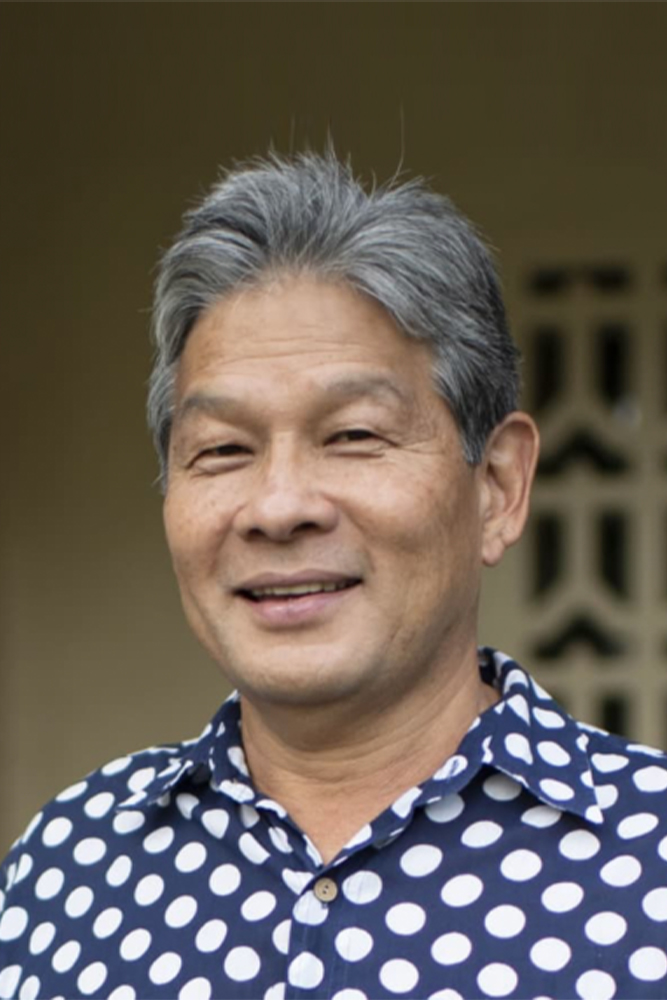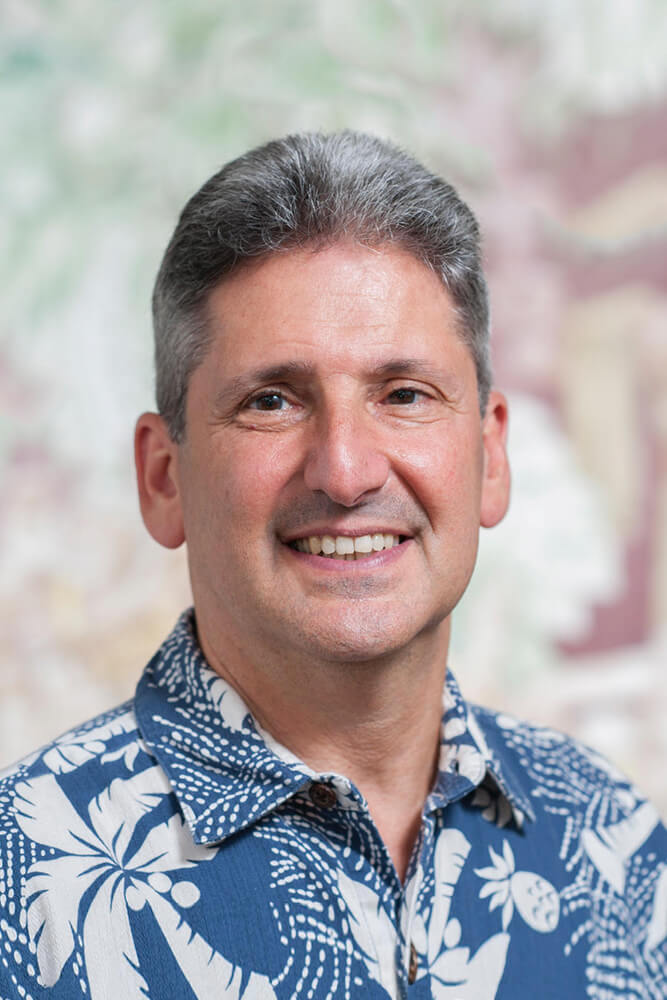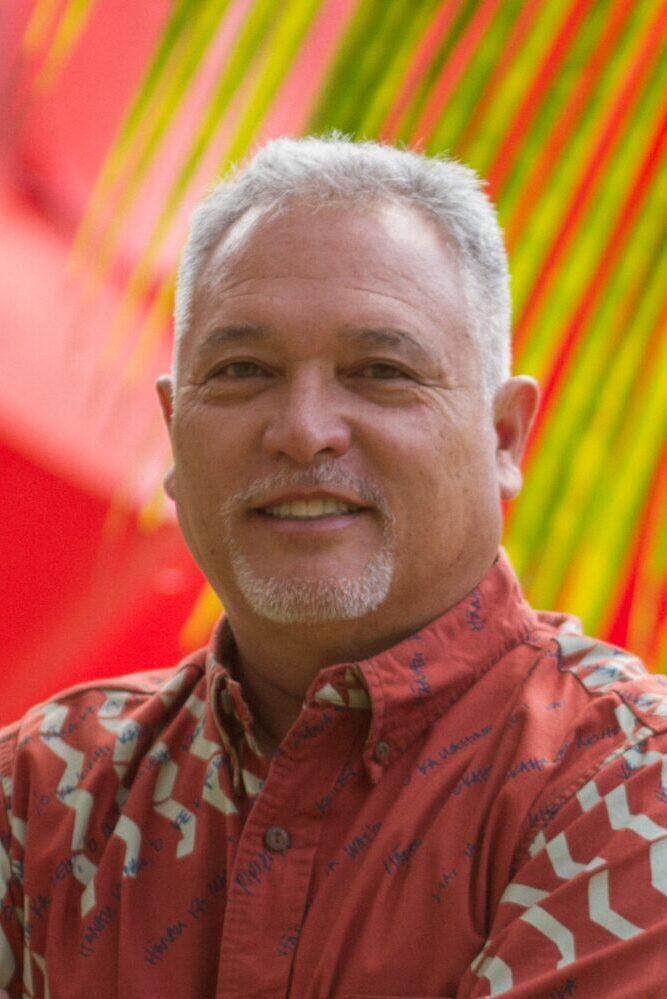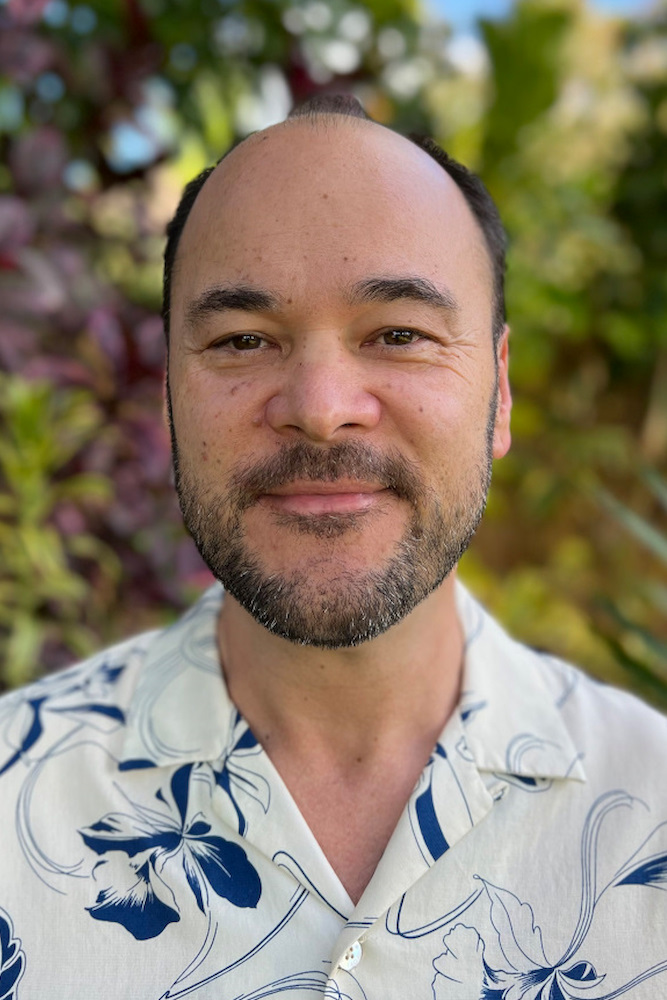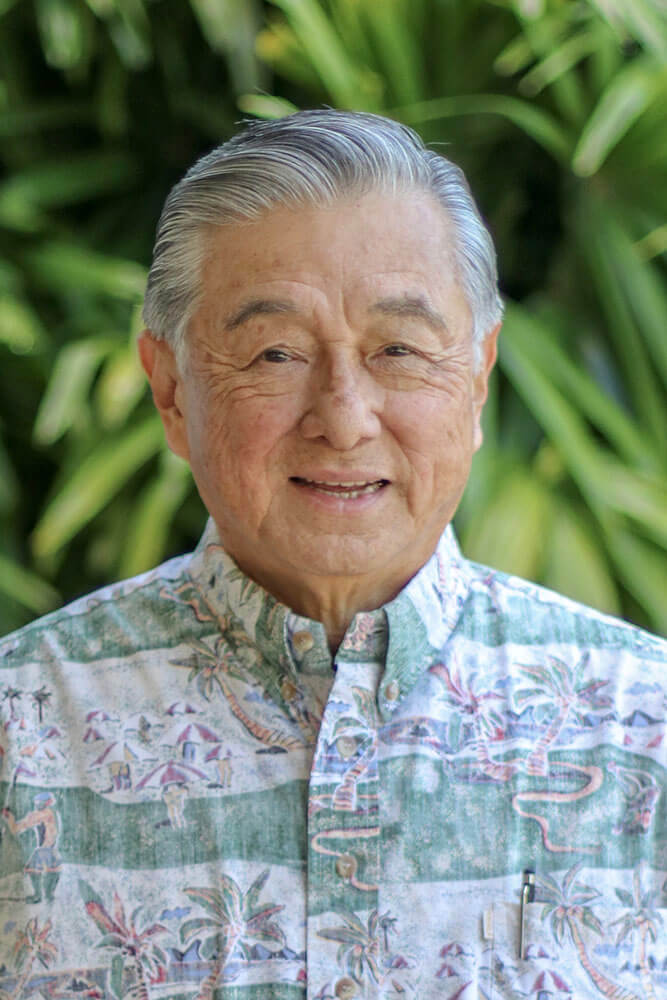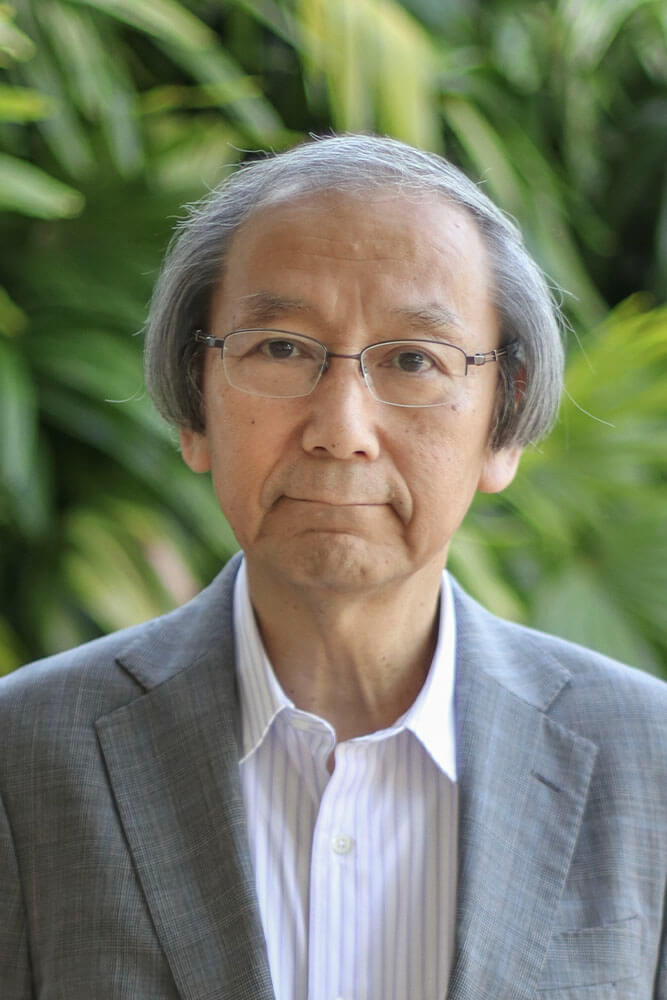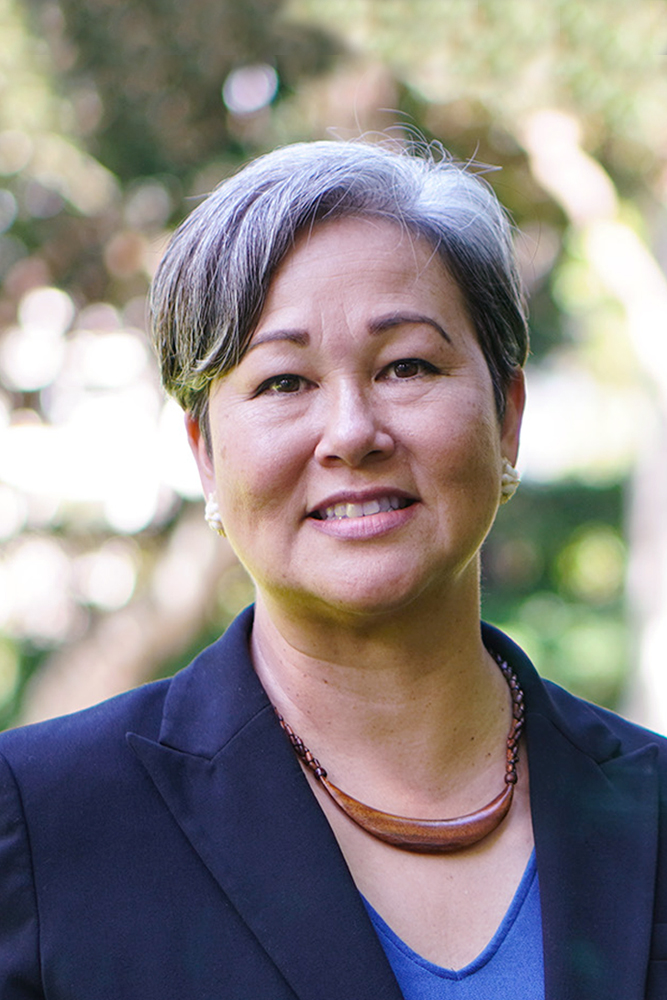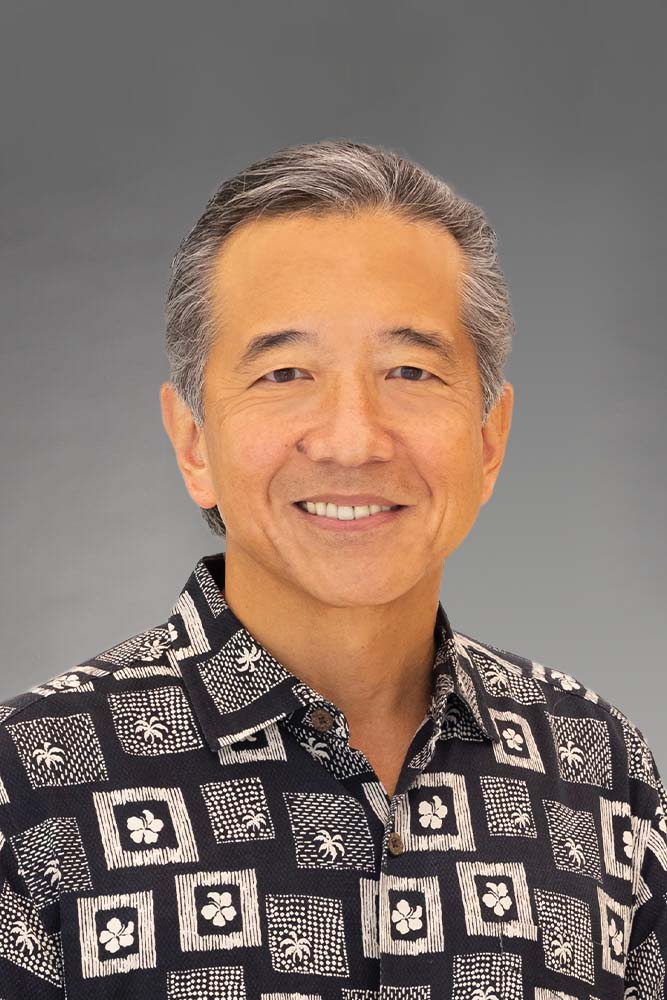About Us
The Pacific International Center for High Technology Research (PICHTR) was established by the 1983 Legislature and, originally managed within the University of Hawaii for administrative purposes, was incorporated in 1985 as an independent Hawaii-based not-for-profit.
The organization was the result of one of the first bilateral agreements between the Government of Japan and the United States by Prime Minister Yasuhiro Nakasone and President Ronald Reagan. PICHTR enjoyed annual support from the Government of Japan for many years and complemented U.S. Government programs to support work in Hawaii and the Asia-Pacific Region.
PICHTR’S VISION
To promote and develop technologies appropriate to the marine and tropical environment of the Asia-Pacific region and to assist, facilitate and support its application through technical services, education, and training.
What we do
We provide expertise on sustainable development practices throughout Hawaii and the Asia-Pacific Region. In doing so, we work to advance an environmentally conscious future for everyone.
Administer
Support local small businesses and non-profit organizations with contract administration, fiscal services, and project management.
Advocate
Advocate for the advancement of sustainable development by providing expertise, and training on appropriate technologies.
Engage
Engage with educational partners to prototype and test technologies with students and communities.
Facilitate
Facilitate public and private partnerships that conserve and utilize the natural resources of Hawaii and the Asia-Pacific region.
Partner
Work with strategic partners for the development of the State’s economy and workforce.
Support
Support developing and commercializing clean, renewable, and advanced technologies.
We’re Creating Solutions Everyday
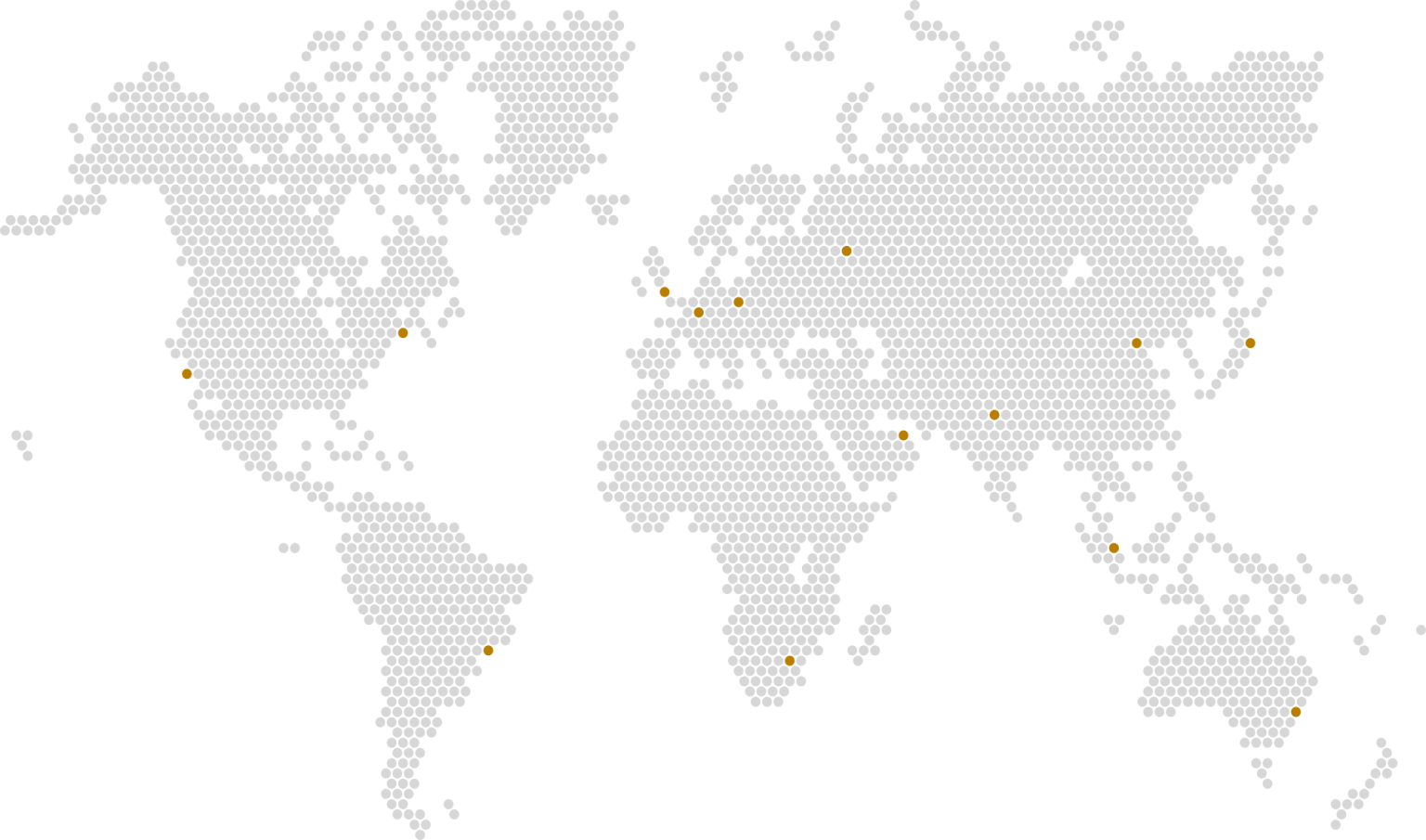
How We Can Help You
Our vision is to be recognized as a center for facilitating the adoption and implementation of sustainable development practices throughout Hawaii and the Asia-Pacific region, and as a leader in the region for planning, developing, evaluating, and deploying appropriate technologies.
Planning
We specialize in conceptualizing, designing and curating tailored technological solutions to meet specific needs.
Developing
With a focus on innovation, we will help you craft technologies that are tailored for real-world challenges.
Evaluating
Assessing each solution, we ensure the technology developed meets its intended purpose and goals effectively.
Deploying
We help integrate and deploy technologies, optimizing their impact in real-life scenarios
Our fields of focus
Climate change adaptation
PICHTR’s Climate Adaptation Collective project proactively tackles barriers to climate change adaptation by providing capacity building and advocacy to decision-makers and the general public in order to enable forward progress on the most critical climate change adaptation initiatives of our time. We see proactive climate change adaptation as an opportunity for a more resilient and economically strong Hawaii.
Clean energy
A significant portion of PICHTR’s effort to develop new technologies is focused on clean energy. PICHTR is helping Hawaii meet strict state government mandates to increase the use of clean energy.
One example of PICHTR’s work in this area is the Energy Excelerator partnership with Hawaiian Electric Company (HECO). Energy storage provider Stem was granted $1 million in funding to deploy a 1-megawatt battery storage pilot to demonstrate how distributed storage can help utility companies comply with Hawaii’s mandate to utilize 100% clean energy by 2045. HECO believes distributed battery systems from providers like Stem can accelerate the integration of clean energy sources into the electric grid.
Technology
The PICHTR staff has a wealth of expertise in the commercialization of new technologies, business development, technology investment, federal initiatives, and other related aspects of bringing new technologies to market. Through mentoring, training, and commercialization assistance programs, we help companies navigate from startup to market entrance. We have helped hundreds of companies leverage government- and corporate-funded programs into successful business ventures.
Healthcare
As the U.S. population ages, healthcare is becoming an increasingly strategic issue that must be addressed. Healthcare is also an industry that aligns with PICHTR’s mission and expertise. PICHTR has supported numerous projects aimed at increasing accessibility to healthcare in Hawaii, and bringing innovative healthcare solutions to market. One of PICHTR’s most prominent healthcare efforts was the Hawaii Health Information Exchange (Hawaii HIE). It was a non-profit initiative that brought together healthcare stakeholders in Hawaii to improve healthcare delivery throughout the state through a seamless and safe health information exchange.
Disaster preparedness
The National Disaster Preparedness Training Center (NDPTC) is a core project at PICHTR. The NDPTC recently completed a large-scale, nationwide survey to understand concerns about, and gaps in, current disaster preparedness. Survey respondents indicated the top three unmet training needs were related to natural disasters. These needs included risk assessment, mitigation, and response and recovery.
Survey respondents voiced concerns that the public is largely unprepared and has unrealistic expectations of the government’s capacity to respond to natural disasters. Many survey respondents advocated for the inclusion of non-governmental organizations in trainings, and to increase training around public communication and awareness.
Resource conservation
Conserving Hawaii’s precious natural resources is critical to the future of our island home. PICHTR’s resource conservation work ranges from agriculture initiatives to endangered species protection to the maintenance of important cultural resources. Working with the U.S. Army, PICHTR has coordinated efforts to protect the habitats of native plants and animals through the Oahu Army Natural Resource Program, and provided archaeological expertise to identify and preserve historic cultural sites.
PICHTR provides funding and support for Elemental Excelerator, a growth accelerator working with innovative agriculture companies to develop biodiesel, pasture management and other farming opportunities to promote resource sustainability in Hawaii. Past agriculture initiatives include the Biosystems Technology Program and Agriculture-Based Remediation Program.
Areas of Collaboration
Are you apart of any of these sectors? PICHTR is interested in collaborating on any of the following!
Efficient Buildings
Encouraging more aggressive state energy efficiency policies.
Improving efficiency in existing buildings through real estate transactions.
Supporting building thermal decarbonization and electrification.
Electric Vehicles
Aggregating demand for electric vehicles with other actors.
Encouraging more aggressive state targets for electric vehicles and GHG standards.
Promoting increased charging infrastructure.
HFC Phase Down
Encouraging states to adopt policies to phase out HFCs on an accelerated timeline.
Promoting greater participation in voluntary programs to phase out HFCs.
Local Collaboration
Collaborate on climate and clean energy action, and to advocate for stronger climate policy at the local level.
Methane
Scaling initiatives to reduce methane from livestock and increase production of on-farm renewable energy.
Supporting implementation of methane leak detection technology and processes in aging infrastructure.
Natural Land
Encouraging states to adopt incentive programs for forest management, tree cover expansion, and soil health.
Utility Sector
Aggregating demand for renewable energy with other actors.
Encouraging more aggressive state renewable energy policies.
Supporting states, cities, and utilities in decarbonizing their energy supply.

